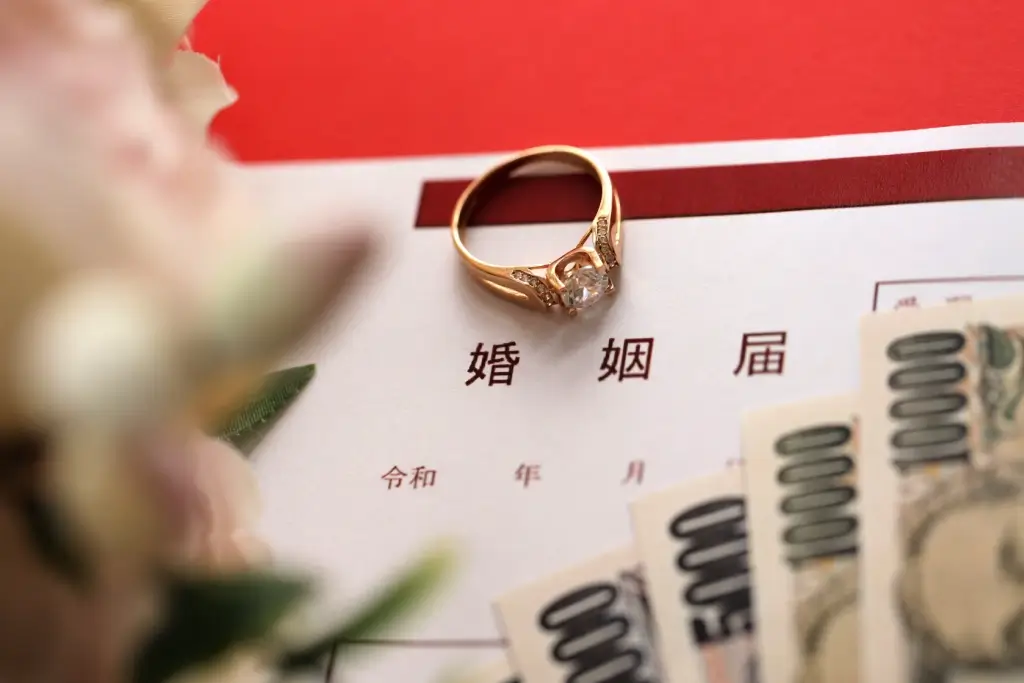If you’ve ever met someone from Japan, you may have noticed how intentional Japanese surnames can be. There’s Yamada, which literally means “rice fields in the mountain”, and Suzuki, or the “piles of rice straw” in the Kumano Region. But what if, one day, almost everyone in Japan had the same last name? That’s exactly what researchers are warning about. According to a new study, Japan could face what’s now called “The Sato 2531 Problem.” If nothing changes, by the year 2531, nearly every person in Japan might share the surname: Sato.
Table of Contents
ToggleCommon Japanese Surnames
In Japan, surnames carry profound significance. They often describe the landscape from which a family came, linking people to nature, history, and place. This is also why it’s common to see some last names appear again and again. If you watch anime, read manga, or enjoy Japanese pop culture in general, you may have already noticed this. You might be able to name more than three Tanakas, Kobayashis, and Takahashis!
But among all these familiar names, Sato stands at the top. Around 1.5% of Japan’s population is Sato. It might not seem like a lot, but with 125 million people in the country, that means over 2 million people share just one surname.

How can a handful dominate when Japan officially recognizes more than 100,000 family names? The answer lies in Japanese rules and culture. Over generations, laws and customs have shaped how names are passed down—and that’s what makes the Sato problem possible.
How the Sato 2531 Prediction Was Made
The idea of everyone becoming “Sato” started with Professor Hiroshi Yoshida from Tohoku University. Yoshida is an expert in population and social statistics and part of the university’s Research Center for Aged Economy and Society. His team ran simulations based on 2023 data to understand how Japan’s strict marriage law might affect the distribution of surnames over time, and what they found was startling.
Under current Japanese law, married couples are required to share the same surname. About 95% of the time, the wife takes the husband’s name. With a surname as common as “Sato”, this tradition multiplies its reach with each generation.

Professor Yoshida calculated that the number of people named Sato would slightly increase by the year under this law. Over hundreds of years, that growth rate means almost everyone could eventually have the same name by the year 2531.
The team also tested what would happen if Japan allowed couples to keep separate surnames. In that case, only about 8% of people would be named Sato by 2531. However, the Sato takeover seems imminent, as they are expected to dominate Japanese surnames by 3310 completely! Nevertheless, this 800-year difference highlights how one rule can profoundly influence a nation’s entire naming landscape.
Are you looking for great snacks while learning about current events in Japan? Check out Sakuraco! Sakuraco delivers traditional Japanese snacks, teas, and sweets from local Japanese makers directly to your door so you can enjoy the latest treats directly from Japan!
What happens if everyone becomes “Sato”?
Picture your world for a moment. Imagine every server, superior, and friend you have all named Sato. How would you tell anyone apart? Surnames would lose their significance, and people would lose their connection to their past.
If every Japanese person had the same last name, seemingly small but essential parts of culture could vanish. Many surnames show a family’s roots, and some even trace back to samurai clans or farming villages. Losing those names would mean losing those stories.
It could also create practical problems! There would be mix-ups in documents, confusion in school or at work, and endless headaches in official records. If you don’t know your exact lineage, how will you look for lost family members or discover genetic health concerns ahead of time? Names are as much a deeply personal asset as they are a cultural one.
How can we prevent the Sato takeover?
Thankfully, it’s not too late. Japan can still take various measures to keep its many last names.
Let Married Couples Keep Separate Surnames
This is the most straightforward change. If Japan updates its marriage law to let couples use different surnames, the number of shared names would naturally balance out over time. Many other countries already allow this, and it helps keep family histories distinct.

Japan can also encourage couples to use their original surnames. Allowing both partners to keep their surnames demonstrates that marriage is a partnership between equals, enabling them to maintain their personal identities and professional lives. It would also be much less of a hassle! Imagine not having to change your surname in every document after marriage.
Celebrate Unique Names
Encouraging families to keep and cherish their own surnames can create a big difference. Schools, media, and local communities can highlight name stories, showing why even rare or old-fashioned names matter. This can also make people more curious and appreciative of Japanese culture!
Teach the Value of Names
Educating young people about the meaning of their surnames can foster a sense of pride in their origins. Every name tells a story about where someone came from or what their ancestors valued. Learning that makes it easier to understand why protecting those names is essential.
Should Japan promote diverse surnames?
In Japan, names are often tied to a person’s ancestors, the region from which they originate, and the community to which they belong. When you introduce yourself, your surname often comes first, indicating that family and society take precedence over the individual. The Sato 2531 Problem reveals how traditions and laws shape a nation’s identity.

Japan’s rule requiring married couples to share a single surname may seem simple, yet over time, it could very well erase the diversity that gives every name its unique story. Japan could lose part of what makes its culture so rich and human. Do you think Japan should promote diverse surnames? Let us know in the comments!











